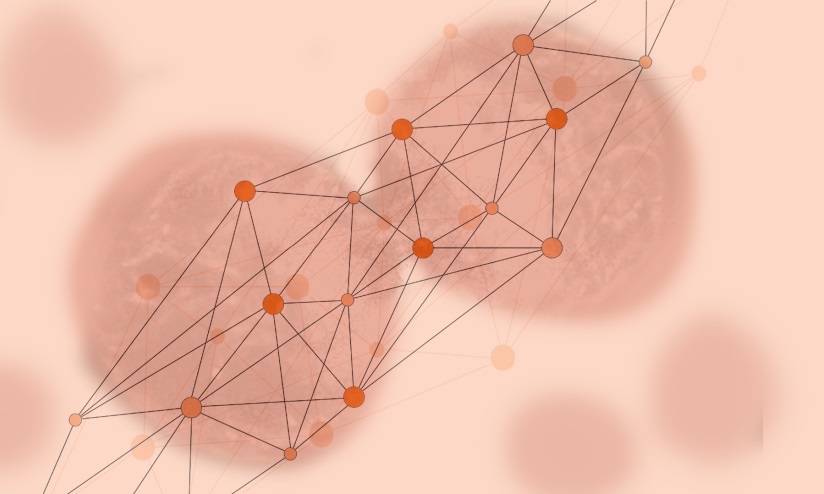New medication for the treatment of advanced melanoma
Published : 18 Feb 2023, 00:26
New Finnish study has examined how new cancer treatment relatlimab affects the immune system in patients with melanoma, said Helsinki-Uusimaa Hospital District (HUS) in a press release on Friday.
The new medication offers a completely new treatment option alongside the previous therapies.
Melanoma is the most dangerous form of skin cancer. One of the treatment models for advanced melanoma has been to get the immune system, especially T cells, to attack cancer with antibodies that boost their effect.
The problem with therapies activating the immune system is the differences between patient groups: although some patients get cured, about half of the patients do not benefit from the treatment.
“In our previous study, we examined T cells using an artificial intelligence model that we developed. It showed that patients who do not benefit from the treatment that activates T cells do not have the right kinds of melanoma-attacking T cells. The treatment should utilise other parts of the immune system, and not just the T cells”, said Jani Huuhtanen, a physician and doctoral researcher at the University of Helsinki and Aalto University.
Early phase studies help quick deployment of new treatments
New medications that boost the immune system are being constantly searched. An early phase study involving patients of the HUS Comprehensive Cancer Center led to the approval of the new cancer medicine relatlimab together with nivolumab for the treatment of advanced melanoma in the United States in 2022.
The study recruited newly diagnosed patients with advanced melanoma as well as patients who had not benefited from previous immune system boosting therapies. About half of the patients responded well to treatment.
“These kinds of early-phase studies are a key opportunity for making new forms of treatments more quickly available to patients”, noted Katriina Peltola, Head Physician at the Clinical Pharmaceutical Research Unit of HUS Comprehensive Cancer Center.
Difference found in natural killer cells
The study yielded an unexpected discovery. The greatest difference between the patient groups was not found in T cells, but rather in the so-called natural killer, or NK cells.
“The task of the NK cells is to help especially when foreign pathogens, or in this case, cancer cells, try to hide from T cells by, for example, hiding the surface antigens, which the T cells can identify. The NK cells will be at the forefront of cancer therapies in the coming years”, says Head of Department Satu Mustjoki, who heads the translational immunology research program at HUS and the University of Helsinki.
Background of versatile research methods
When the effects of a new medication are not known, research must be conducted without prior assumptions. “This is why we profile material by using both the latest single-cell gene sequencing techniques as well as more traditional methods of measurement, whose results we linked with the patients’ clinical state”, says Harri Lähdesmäki, Professor of bioinformatics, and machine learning at Aalto University.
“Our patient material was unique at the international level, which enabled us to systematically monitor the immune systems of each patient during treatment”, says Henna Kasanen, doctoral researcher at the University of Helsinki.
The Finnish study, which examined the effects of the new Finnish cancer drug relatlimab on the immune system, has been published in a publication series of the prestigious Journal of Clinical Investigation.


